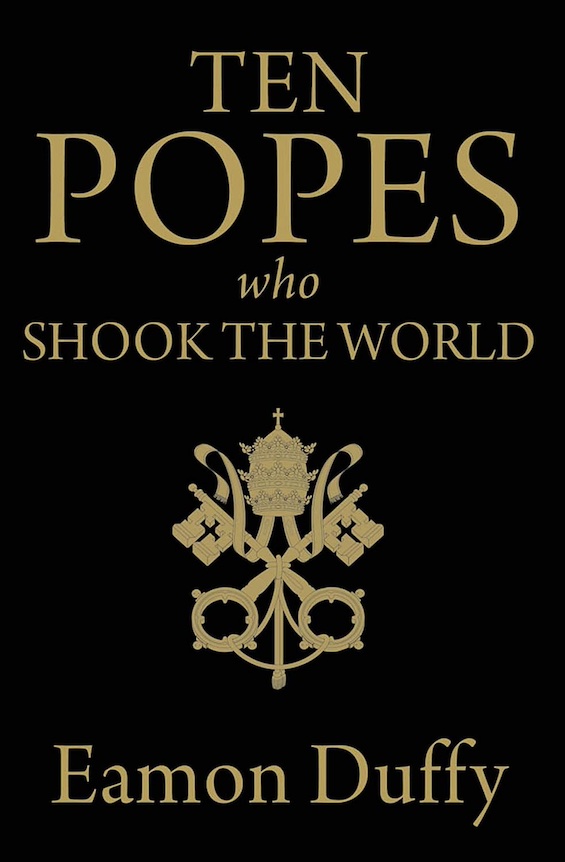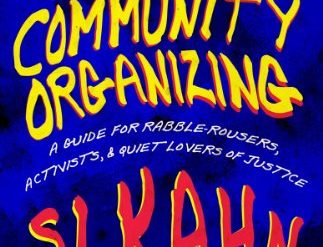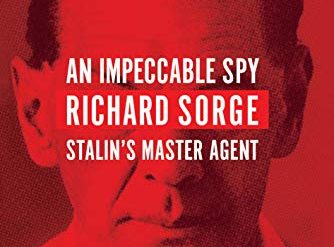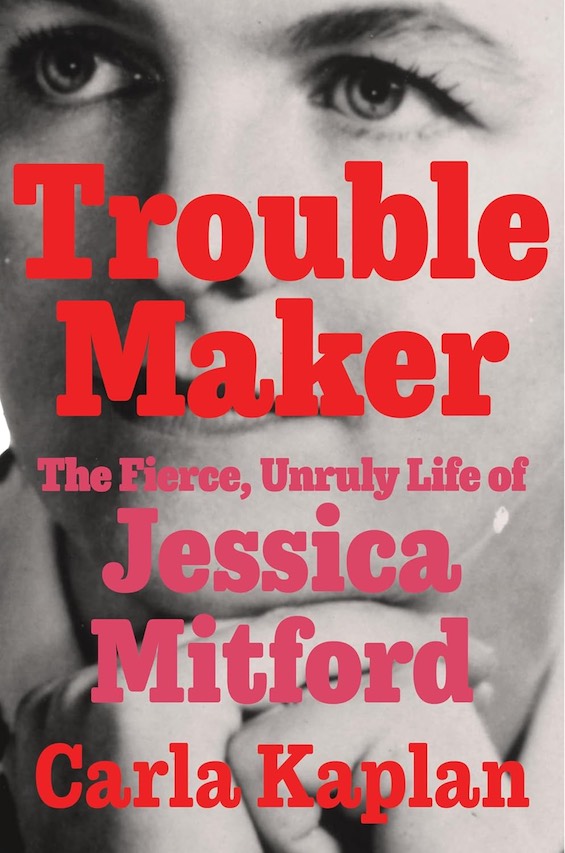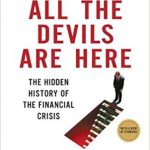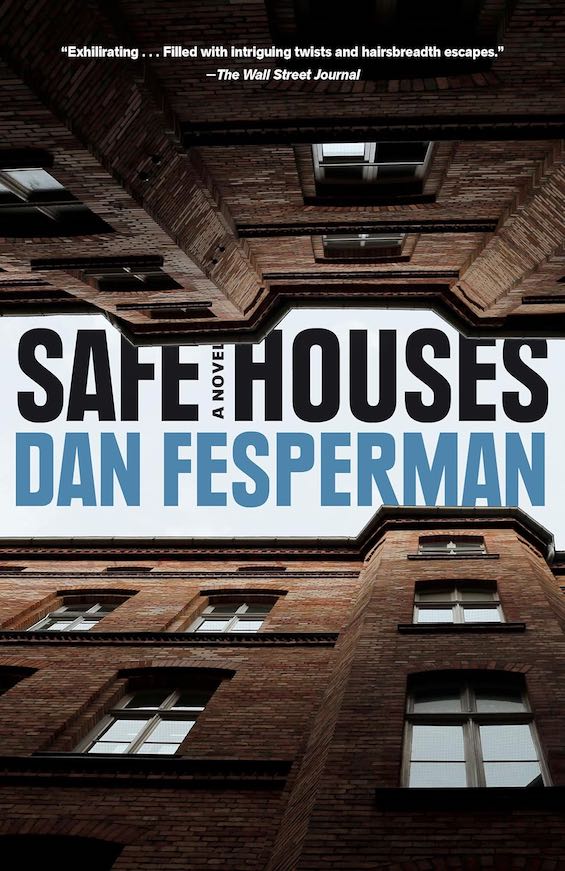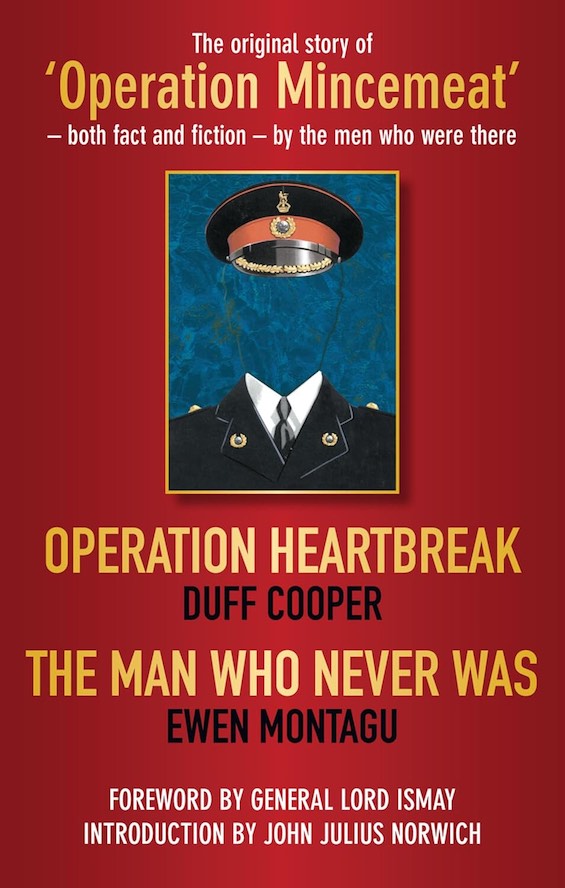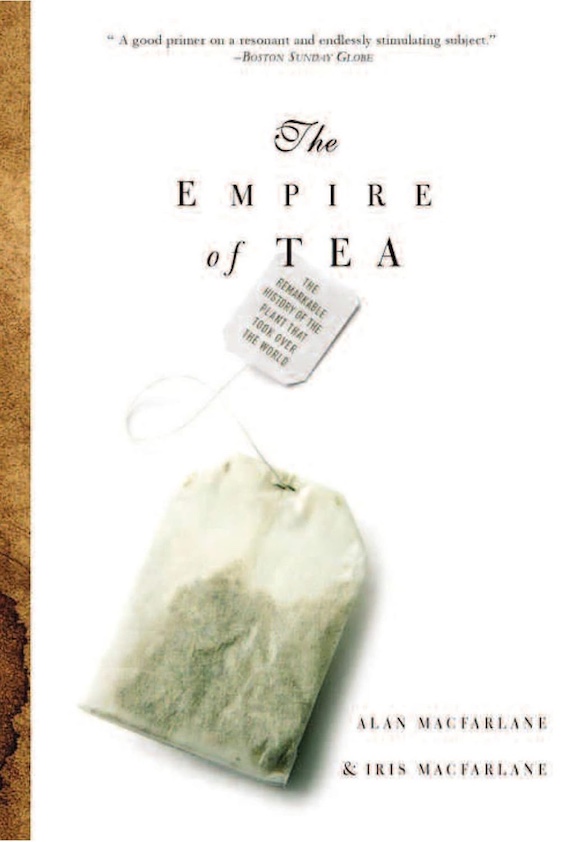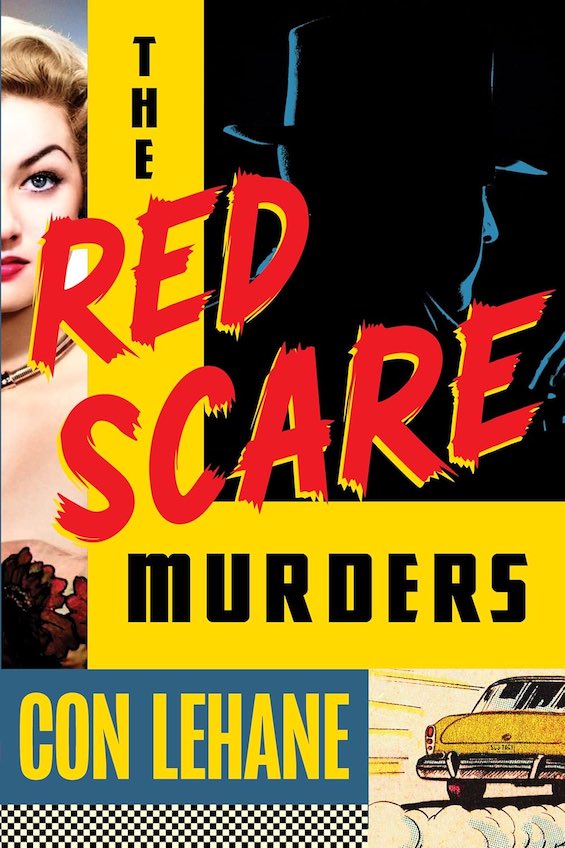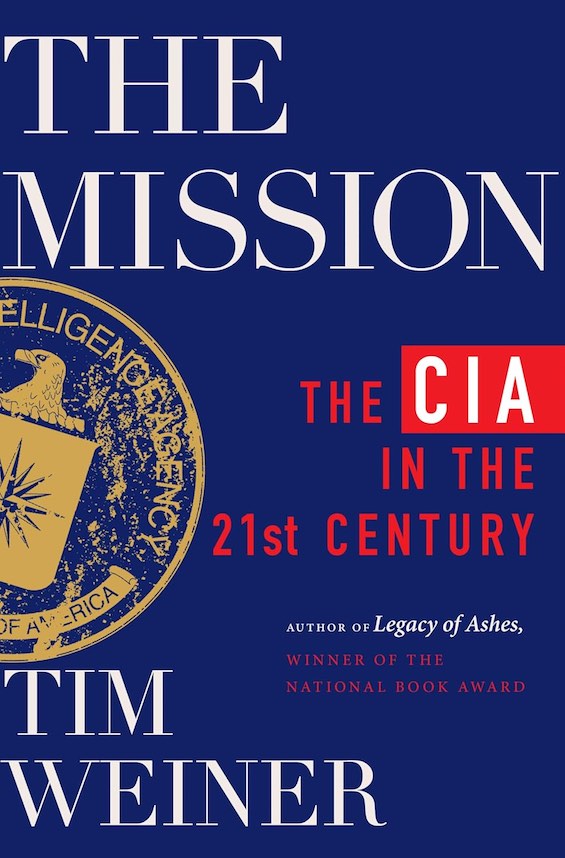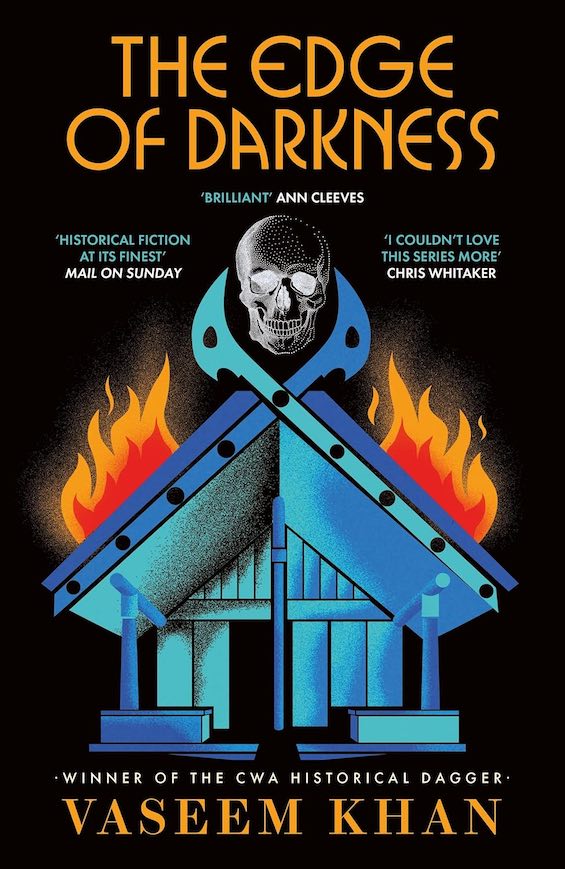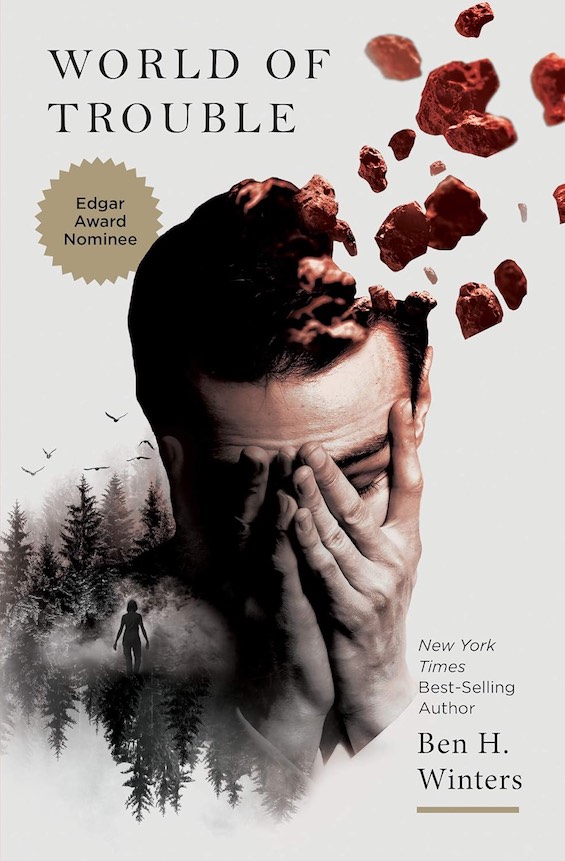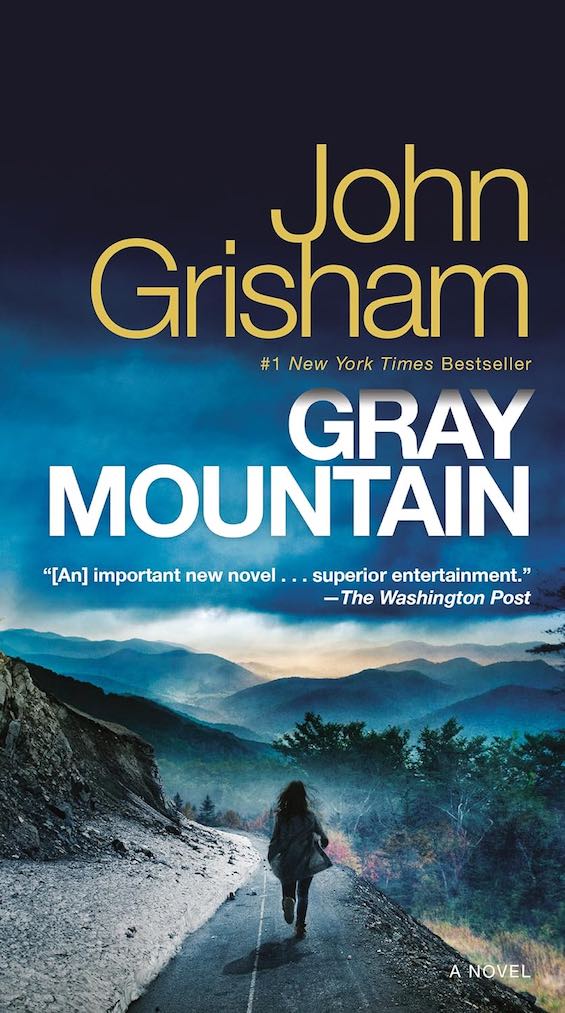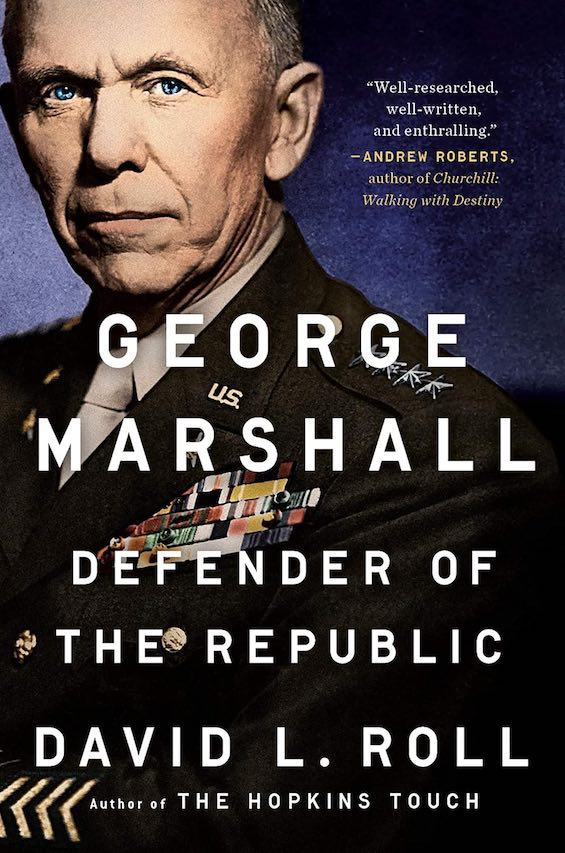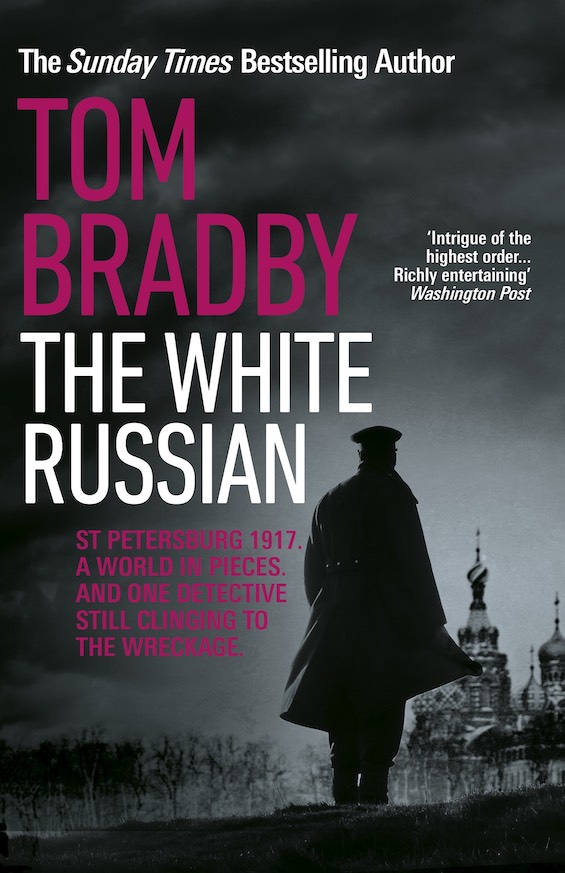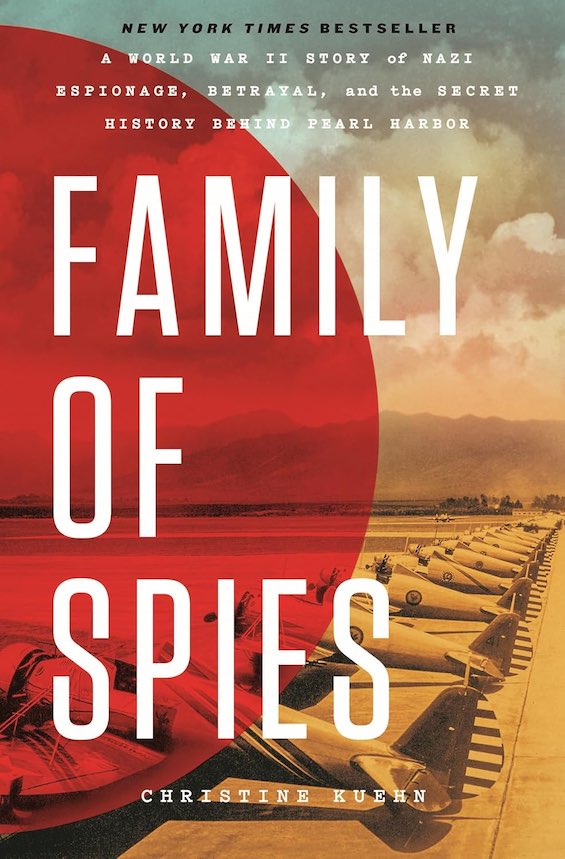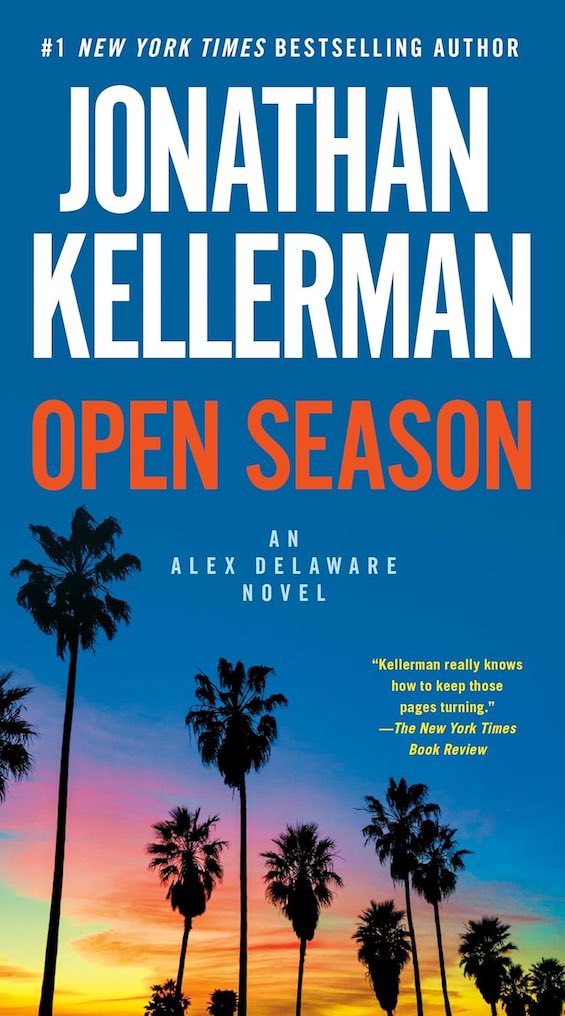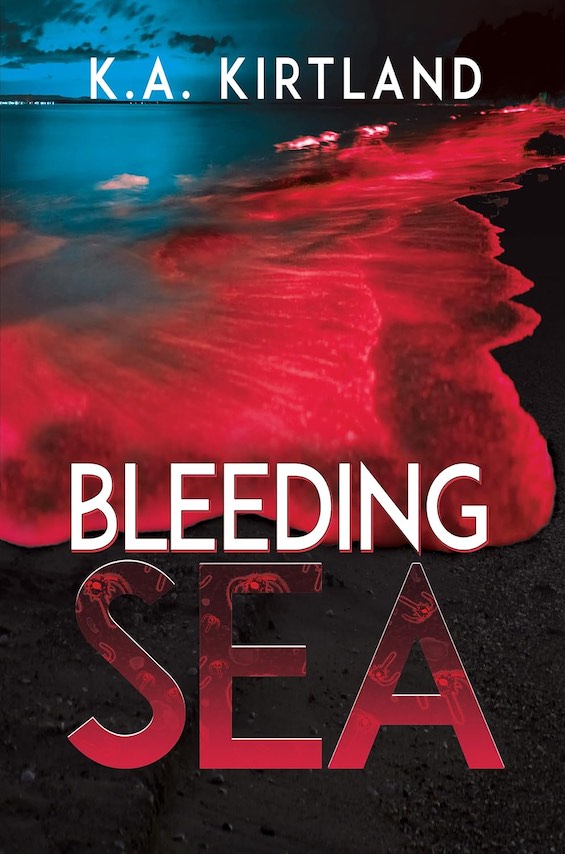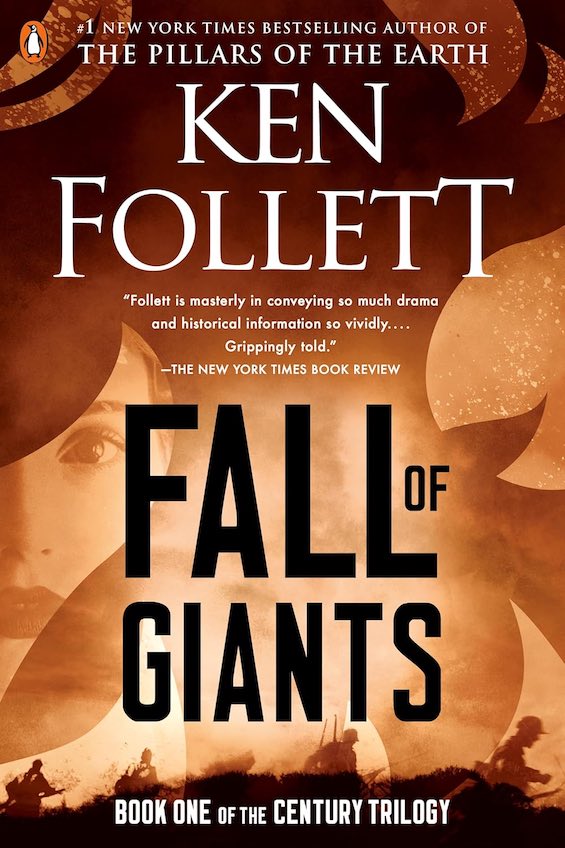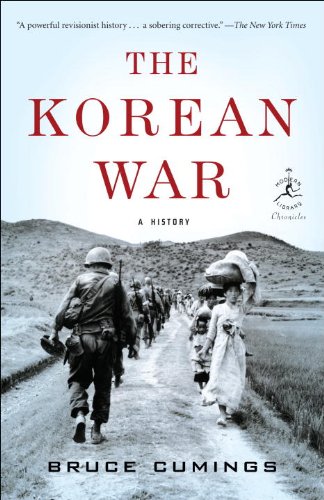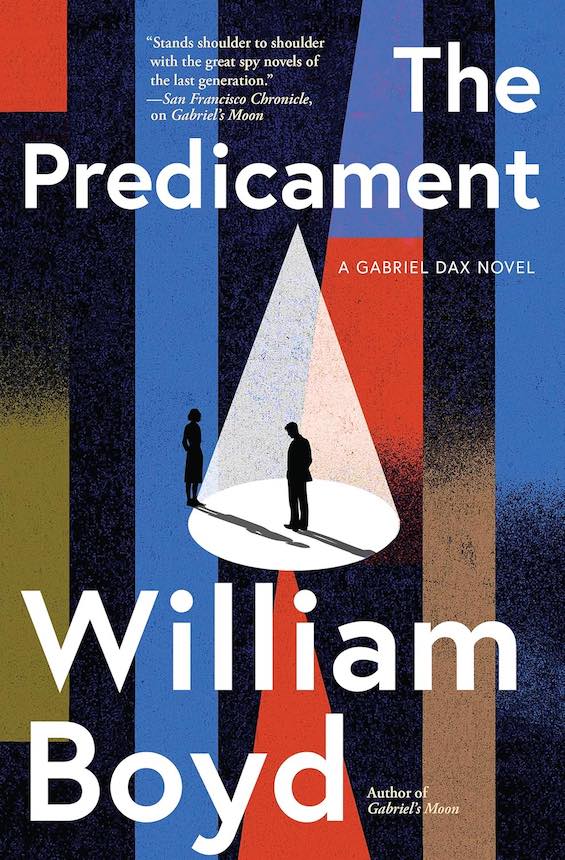One-fifth of the world’s eight billion people profess Roman Catholicism, giving the impression they all share same faith. But of course that’s far from the truth. With 1.4 billion adherents today sprawled across six continents, the Catholic Church encompasses millions who subscribe to its most austere and abstract beliefs to hundreds of millions more who worship saints like Hindus with their gods and goddesses. And somehow one man, sitting in a palace in Vatican City, must govern them all. The Argentinian Jesuit priest Jorge Mario Bergoglio, ruling now as Pope Francis, is the 266th occupant of the office. Like so many of his predecessors, he struggles to corral this unruly flock. His challenge comes into high focus in Eamon Duffy’s brief account of ten of the men who went before him in the office, Ten Popes Who Shook the World. This is Catholic Church history in a nutshell.
2,000 years of tumultuous change
At the outset Duffy asks, “Is the papacy a coherent project, or an historical conglomerate whose only consistency lies in its protean capacity for survival by adaptation?” And he proceeds to demonstrate through the lives and work of the ten men he singles out for attention that, yes, indeed, they may have pushed and shoved the Church in one direction or another. But the mass of believers has continued to defy their attempts to crowd them all into a single corner of the Christian faith. And how could it be otherwise?
Every institution, and every belief system, is subject to relentless buffeting by the forces of change. In 2,000 years, we have transitioned from an agricultural era of villages and peasants to a post-industrial world of instant global communications and cities topping twenty million population. It’s inevitable, then, that the ten Popes profiled here would be radically different from one another. Duffy is hard-pressed to find anything but superficial commonalities.
Ten Popes Who Shook the World by Eamon Duffy (2011) 152 pages ★★★★☆
The power to change the world
Duffy’s theme, however, is not the Church’s diversity but the vast temporal as well as spiritual power wielded by the most assertive of Francis’s forebears.The men he includes range from the Apostle Peter (?-64 CE) to John Paul II (1920-2005). Peter confronted the Roman Empire. John Paul II tangled with the Soviet Union. Peter was a Jew who was born Simon Bar Jonah and is recognized as Pope only by rewriting history, while Karol Józef Wojtyła was a brilliant former actor and theologian from Communist-ruled Poland. About the only thing that can be said in common about the ten men in Duffy’s account is that the power they wielded as spiritual (and often temporal) leaders truly did have widespread impact on the world around them. For hundreds of years, the Roman Church, personified in the reigning Pope, was the most powerful institution in Europe. Rulers rose and fell on the strength of their relationships with him.
Ten Popes Who Changed the World is an insightful though all-too-brief study of the papacy. Although Duffy’s selection of just ten men, when he might well have picked a slightly different list, is an instructive guide to the forces that have shaped Roman Catholicism over its 2,000-year history.
About the author
Eamon Duffy was born Catholic in 1947—”cradle Catholic,” as he puts it—in Ireland in 1947 but educated largely in England. He is Emeritus Professor of the History of Christianity at the University of Cambridge. He specializes in the history of Catholicism in Britain in the 15th to 17th centuries. Four years before writing this book, he presented a series on BBC Radio with the same title. He has written numerous books in his field and won literary and academic honors for his work.
For related reading
I’ve reviewed six novels about Catholicism:
- The Power and the Glory by Graham Greene (Graham Greene’s “masterpiece” about the repression of the Mexican Church)
- The Relic Master by Christopher Buckley (An irreligious take on Catholic history)
- Quietly in Their Sleep (Commissario Brunetti #6) by Donna Leon (An indictment of the Italian Catholic Church)
- A Canticle for Leibowitz by Walter M. Miller, Jr. (This classic dystopian novel is steeped in Catholicism)
- The Sparrow by Mary Doria Russell (A troubled First Contact mission led by Jesuit priests)
- Elegy for April by Benjamin Black (1950s Dublin: murder and the Church)
If you’re looking for nonfiction instead, see 20 top nonfiction books about history or Top 10 nonfiction books about politics.
And you can always find my most popular reviews, and the most recent ones, on the Home Page.


